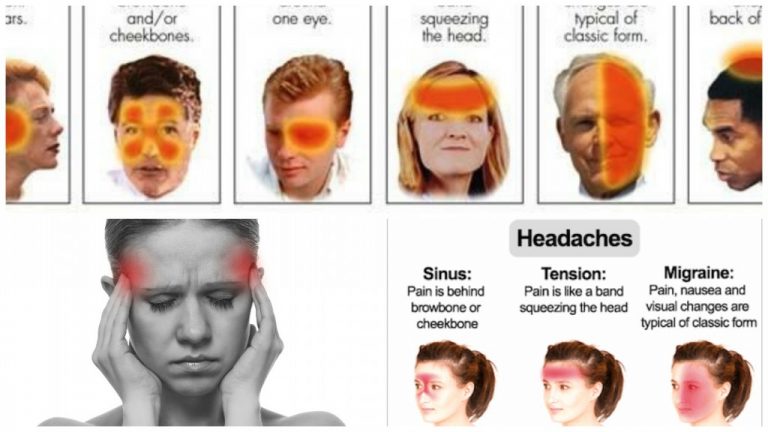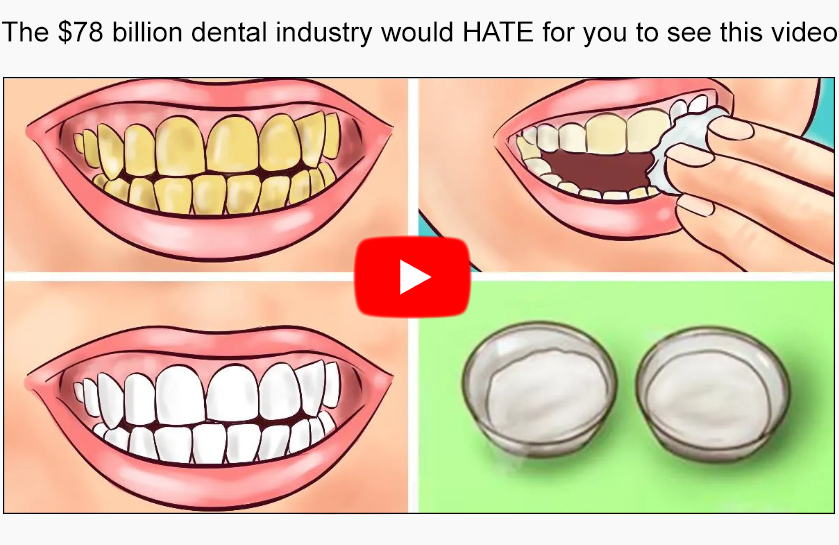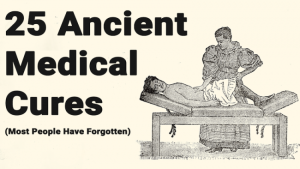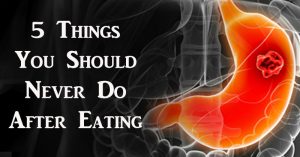Are you struggling to lose weight and maintain a healthy diet? You may have a toxic fatty acid that blocks weight loss.
Here's how a simple “Ice Hack” speed up my fat loss and helped me restore my health, watch now.

Headaches are unfortunately quite present in our daily life and we all cope with them in a different way.
The majority of people utilize medicines or natural treatments to treat headaches. However, it’s important to be aware that headaches do not always have the same type. Different kinds of headaches are possible to experience and it’s important to be aware of all types and distinguish the signs.
Here’s a list of the kinds of headaches you could be able to experience:
- Cluster Headaches
This kind of headache affects both genders. While they’re less frequent they can be pretty painful.
The reason for the headaches isn’t yet identified, but it is usually related to brain or nerve issues. Contrary to migraines and tensions these headaches can be experienced continuously for a certain period of time.
For symptoms, you may be feeling tired or experiencing intense pain. The pain typically occurs in the back of your head as well as around your eyes.
- Neck Headache
The most common cause is the neck or in the upper occipital area of your head. The pain then moves to the forehead, affecting the ear as well as the side-eye.
The pain is constant and varies in levels of intensity. It’s also known as a Cervicogenic headache. It is often confused with migraine headaches and tension. The reason for the headache is an issue in the cervical spine or the irritation or damage to the cervical nerves which exit the spinal cord.
Women are more susceptible to suffering from this type of headache than males. Around 15 to 20 percent of patients suffering from side head discomfort are suffering from Cervicogenic headaches.
- Migraine Headache
Migraines are well-known headaches that begin with a sharp pain in the morning, which can be aggravated by any type of activity or movement. The signs include sensitivity to light, smells or noises, vomiting, nausea, spots appearing on your eyes, etc.
Migraines can be the result of many reasons, but the main factor is stress. The majority of people suffering from migraines are fragile and emotional. Most often, headaches are experienced during the menstrual cycle. Other causes of this type of headache include irregular diet, smoking cigarettes, and sleepiness.
- Sinus Headache
Sinus headaches occur in the sinus area and get worse in the area between your eyes. When you move your head by bending it or sitting down the discomfort increases. If you experience this headache, but there is no nasal discharge, that indicates that you have an ordinary headache that is not linked with sinuses.
The sinus and migraines tend to be confused and sometimes they occur on the same day. Migraines differ from sinus headaches because they cause eye issues, and that’s the way to differentiate them.
- TMJ Headache
More than 75 million people suffer from this type of headache that is in fact permanent. Sometimes, pain may not be associated with the headache, however, it is still present.
The most commonly reported symptoms are chipped or broken teeth, broken fillings, and the changing shape or position of a smile. The muscles contract, causing tension.
In order to fix this, the body pumps an increase in blood supply to the area affected however this increases blood pressure. This can cause stress in the jaws, neck, and shoulders. Another sign of a problem is teeth grinding.
- Tension Headache
It’s perhaps the most frequent headache and everyone has suffered from it. The majority of the time, it lasts some time and is affecting the forehead, temples cheeks, neck, and forehead.
When someone is struggling with the issue, they experience tension as well as tightening pressure on the head that is uncontrollable. The pain is at times mild but, depending on the cause may become more severe.
It usually happens typically in the mornings or at night. Natural remedies or medications are suggested to treat this kind of headache.
Source: healthline.com











